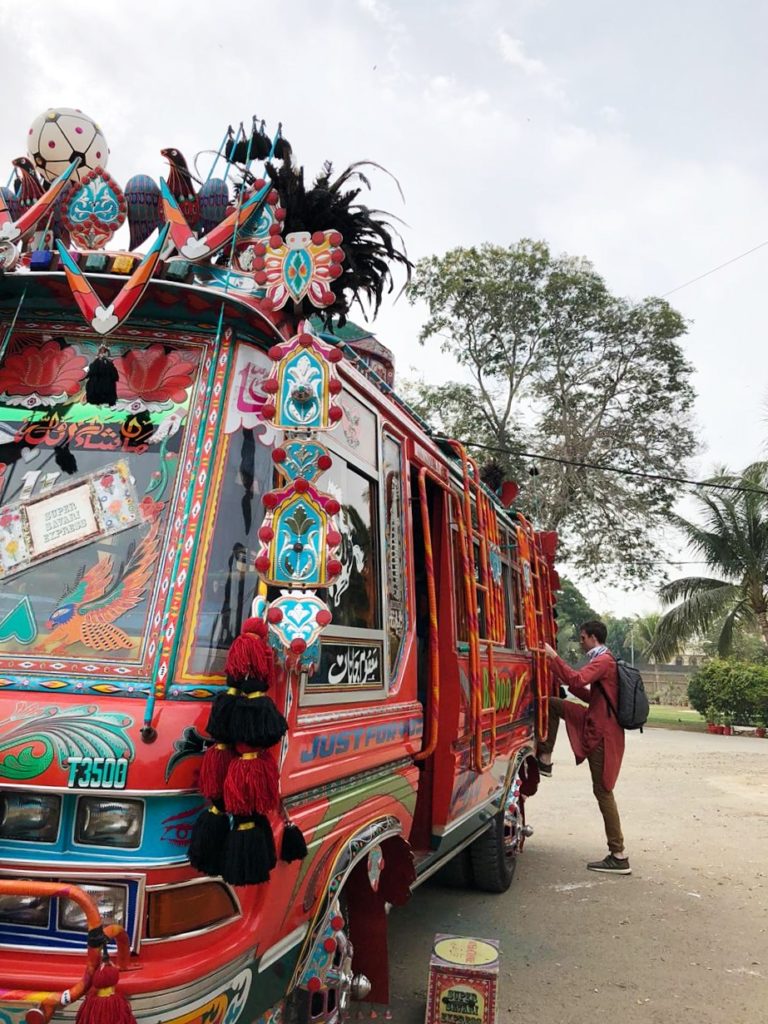
Hello friends! I am so pumped to launch a new interview series on the blog, “What Does Pakistan Eat?” to spotlight chefs, entrepreneurs and writers that are reshaping the narrative about Pakistani food. I am especially excited that the first feature is on Super Savari, one of Pakistan’s first city tours that sheds light on Karachi’s exciting culinary history. I spoke to Jehanzeb Salim, Associate Director and Head of Operations at Super Savari this August regarding the business’s launch and how it is evolving to launch a new set of culinary tours that aim to share the hidden parts of Karachi’s culinary history.
The interview has been condensed and edited for clarity and brevity.
Tell me about the history of Super Savari.
Super Savari has been in operation for 4 ½ years. We started initially with one bus, one day of the week showing different parts of the city. The intention from there kind of evolved when we saw that the impact Super Savari could have is greater and the message we could promote is greater. One aspect of it was promoting tourism, one ownership, and the other culture. All of these intersected through our tour, starting from the bus itself, which is one of the greatest expressions of Pakistani art and culture. Following that, the very tour we started was the food tour.
Food is a major component of everything we do, and the idea was to exhibit the city’s culinary diversity. The initial food tour we did ourselves. We went to different parts of town; asked family members; asked friends; asked people who had experienced it all; tried every single one of the dishes and put them together into a kind of itinerary where everybody gets a little bit of an appetizer, a main course and a dessert. That way, everyone has experienced an array of what the city has to offer.
Tell me a little bit more about the process. How did you curate the spaces? What was the criteria that you were trying to meet when you were designing the food tour?
In terms of cultural diversity, Karachi has every community in Pakistan present or represented in some way…When you get into the culinary story of Karachi, it’s reflected in the community. Food that is famous for Bohri community, that has a connection to the Gujarati community. Food that is famous for Parsi cuisine is also a mix of Indian and Pakistani cuisine. Then you talk about the food famous from the Goan Christian community, that is very much connected to South Indian food. These communities express their culture through their food. That’s why Karachi has such a vibrant food scene. Because of the amount of different types of people who live there, with different experiences, and how they express it.
When we started learning about this, we went to the classic food hotspots of the city. We have all heard about Burns Road; we have all heard about Zahid Nihari; all heard about where we can really good fish. We went to all the food hotspots, what’s quintessential Karachi and tried to connect the city through the food, through the communities.
The food tour has varied. There are so many different items that you can try. We did something on the lines of food tasting. That way you can try just enough to get a feel of what the dish is about and with just enough space to have the next one. By the end of the seven, eight course meal you are completely full.
Initially, this food tour was about what we thought of as “real” Karachi food but from there it has developed into more about exhibiting aspects of different communities and their food. What we are working on right now is what I would call an all encompassing experience: specific community tours…We are developing tours now that we have developed pilot versions of where you focus on specific communities. For instance, telling the story of Bohri culture through its food.
From our initial tours of focusing on food hotspots, we learned that there was so much diversity within them and we could go way deeper than we initially thought we could.
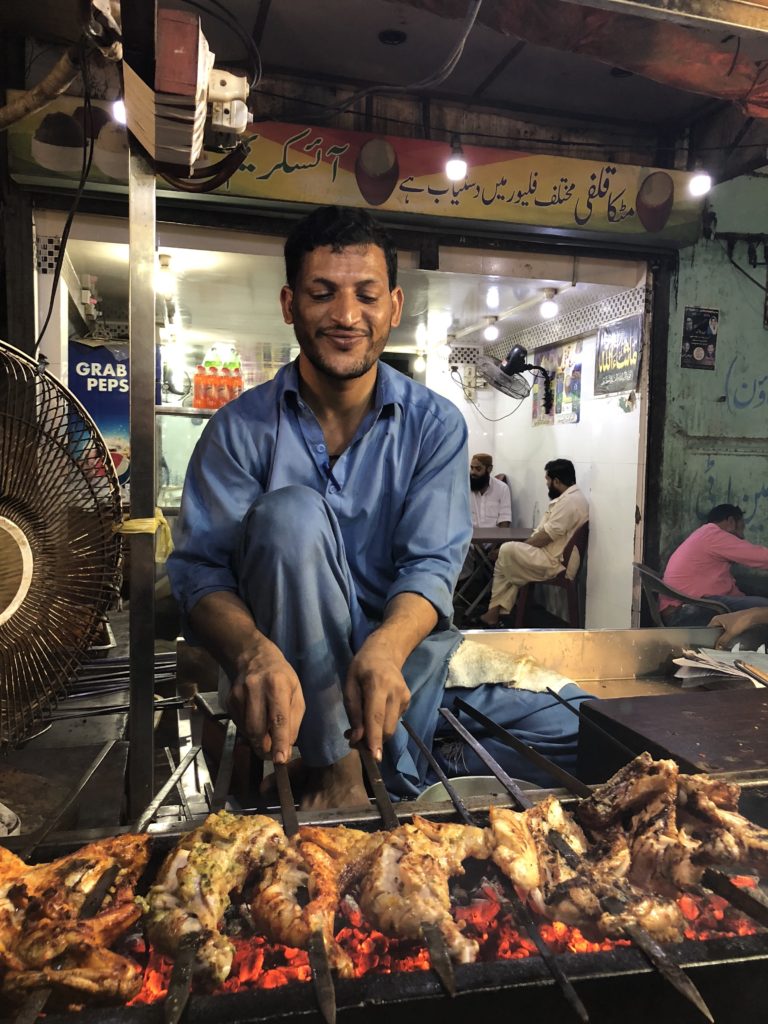
We know that there is a lot of culinary diversity in Karachi but it appears that the conversation about Karachi food gets monopolized by talk of Mughlai cuisine and the food of very specific migrant communities. Did you find that certain communities don’t typically offer their cuisine commercially and how did you navigate that challenge?
I won’t say that the cuisine is monopolized by certain communities. It’s true that because they exist in larger numbers, what they express is more visible. That’s something we already know. But even within that there is diversity. For instance, Bohri food is an important part of their culture: what they eat, how they eat…They have catering services specifically serving their community. Those services cater to the larger community as well.
Since people talk about food so much, there are more avenues opening up to exhibit that. You have catering services, households that run restaurants. If you talk about the Goan communities, you have older Goan aunties who have learned from their mother, keep their culture alive and so you have lots of them selling their food forward. Then you have the Parsi community that has catering services and community events that exhibit their food. There are many avenues now: promoting it online, social media, home-based chefs. There is a lot happening in Karachi that allows people to share their food with a much wider audience.
Curious about how you were able to gain entry points into the communities. What would an illustrative tour look like?
It depends on the arrangements that are available. You go to areas that are relevant to the specific communities that you are targeting. For the Bohri community, for instance, you start with Bohri Bazaar where majority of the shopkeepers are from the Bohra community. You have specific food places within there. You have the Bohra masjid there. You have markets specifically catering to them. You find community spaces within there. This makes the culture of the community relevant to those who simply know it as the Bohri Bazaar. With this cuisine, you can get it catered or what makes it better is that you have it at someone’s home. We have managed to have an arrangement with those who want to promote their culture so you can have the meal within their homes and the entire experience will be curated by them...They will tell people about their food, culture, origins…(People will) hear directly from the community members, which adds more weight to the experience.
With the regular tours we have done, our work was relationship building, community building. Every person we met, place we went to, we dealt with them on a very human level. We worked on developing a relationship to tell them that the people we bring, the guests that we bring, we do so that these communities become more relevant to them.
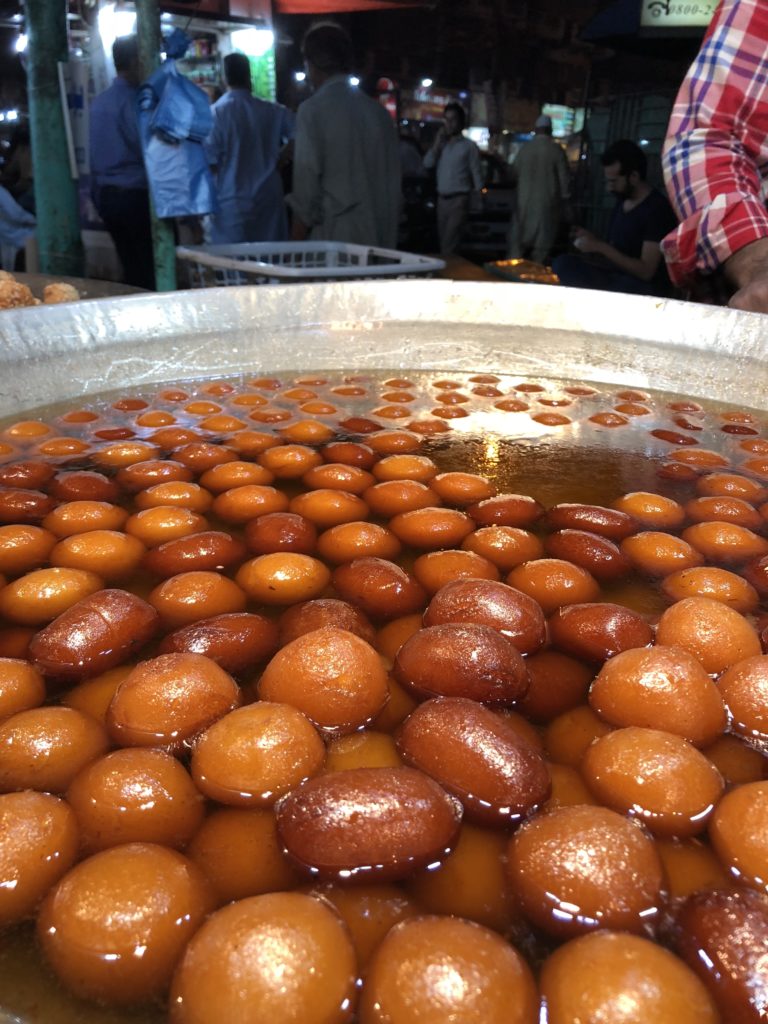
Related to that, did you face resistance from specific communities that were more private?
Initially, specifically visiting community and religious spaces, more than resistance, there was skepticism. They just wanted to know why we wanted to bring so many people into a community space. We worked very hard to explain the concept of creating understanding, removing misconceptions. We had to communicate that the long term value was greater for the city, the community itself. If they see these communities as relevant parts of the city as opposed to obscure communities locked behind their gates doing their own thing, they are able clear misconceptions through direct interaction. We initially did face resistance as far as permissions to gain access to community spaces but it worked. The communities have now slowly but surely welcomed us many times over.
Who is the predominant audience for this tour?
The audience is local Karachi walas, those from outside Karachi such as Pindi, Lahore, other parts of Pakistan. Sometimes expat Pakistanis become part of your tour as well, and the foreigners are the cherry on top. The tour can be customized based on the audience, catered to those who are coming for Pakistan for the first time or those who have lived in Pakistan but want a different twist on what they can experience in the city.

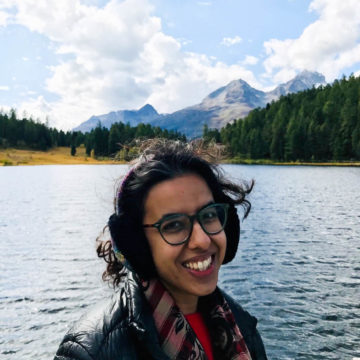
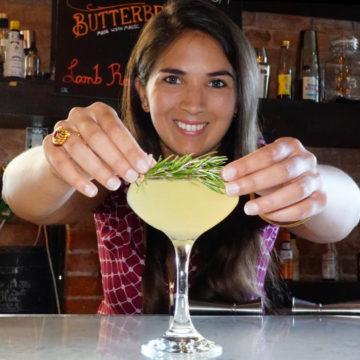
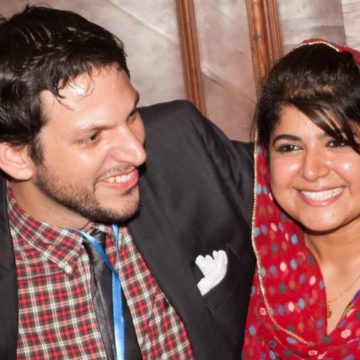
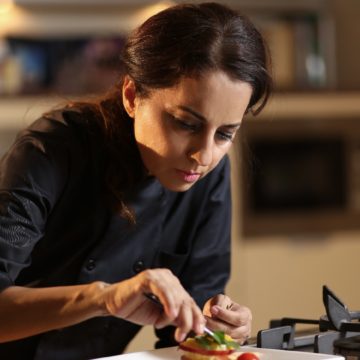
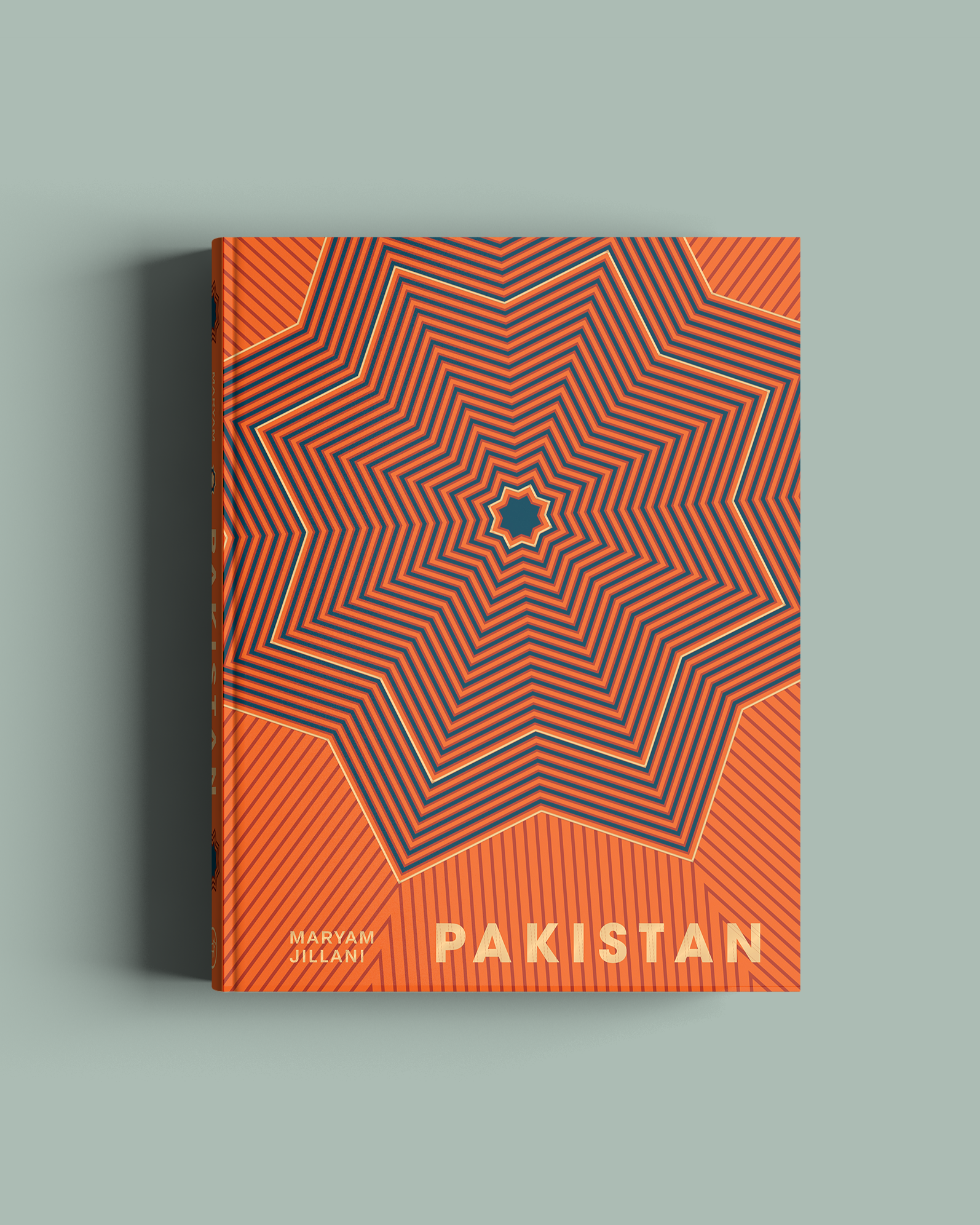
Hanif Khawaja says
I have enjoyed reading the feature regarding best food tour in Karachi. Next time I am in Pakistan, as my first destination is Karachi I shall certainly explore the food tour.
pakistaneats says
Excellent - happy to hear that!
Tariq Alvi says
I'm a Karachite and born here in old city. I lived at Plaza, Bunder Road and know all food places like Burns Road, Saddar, Light House etc. I also enjoyed this tour.
pakistaneats says
I'm so happy to hear that - I really hope to go on the tour myself!